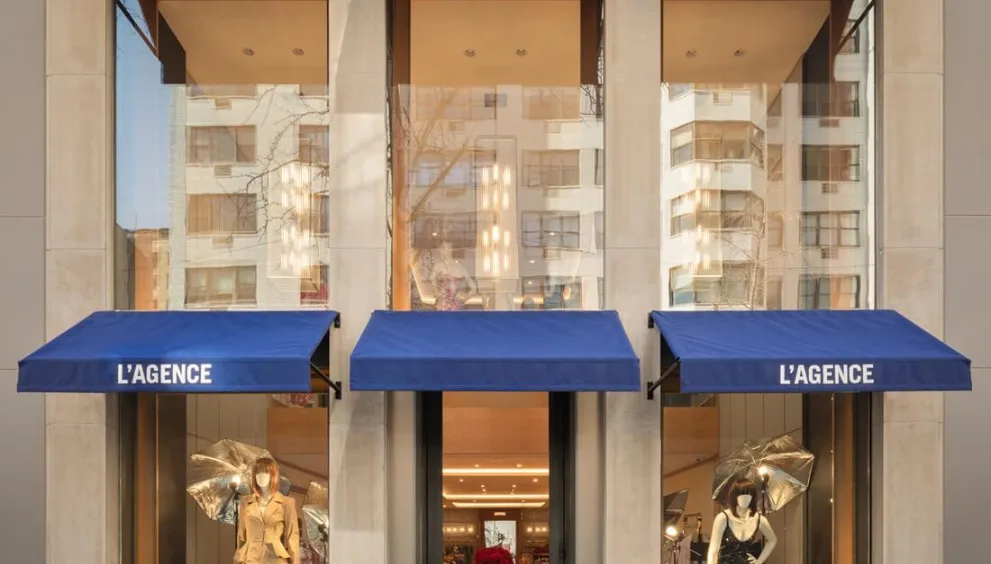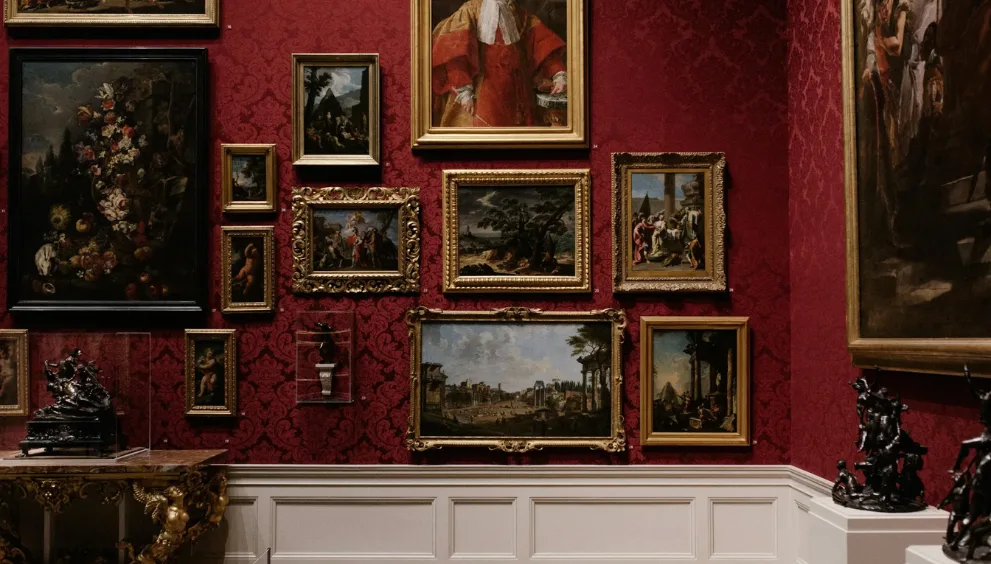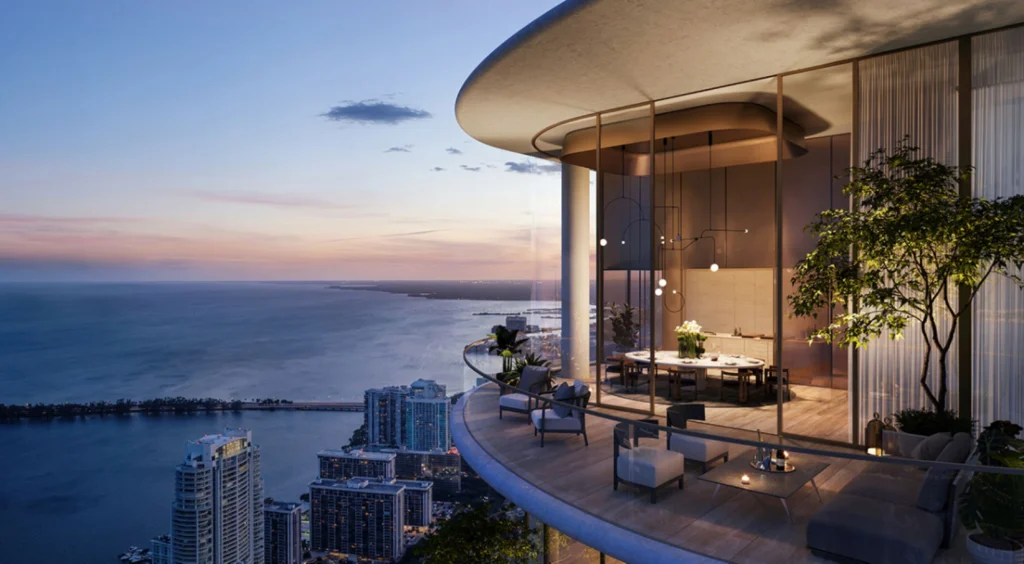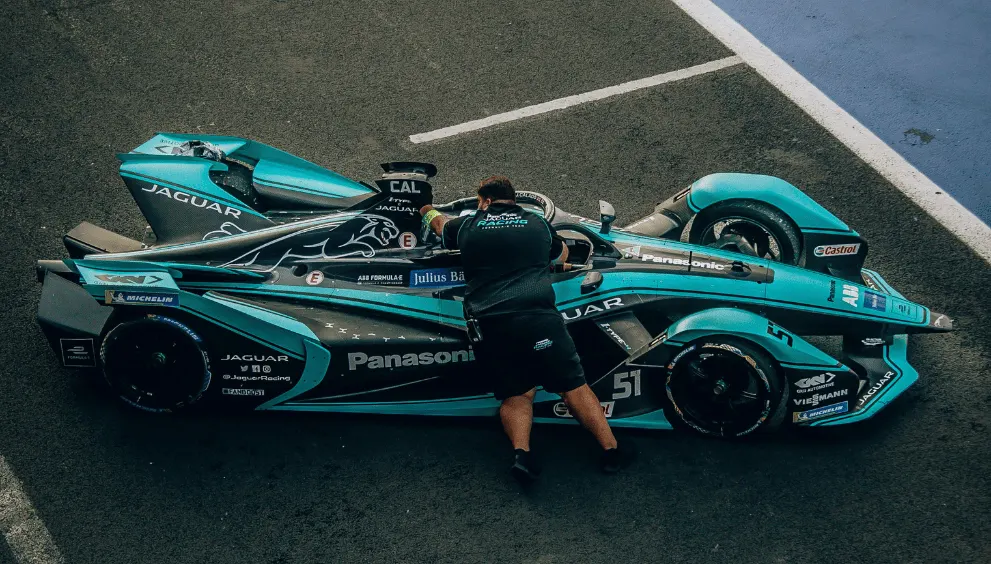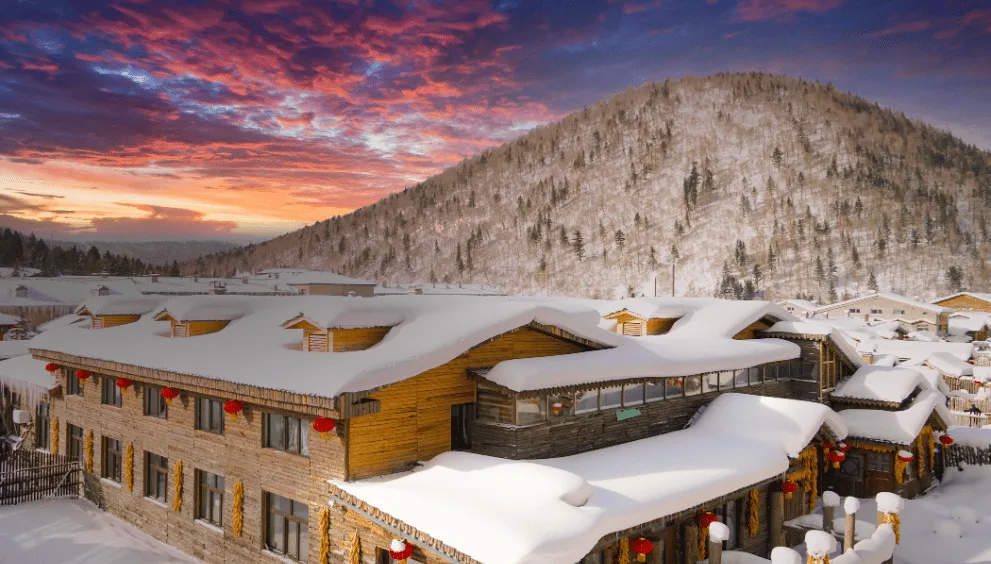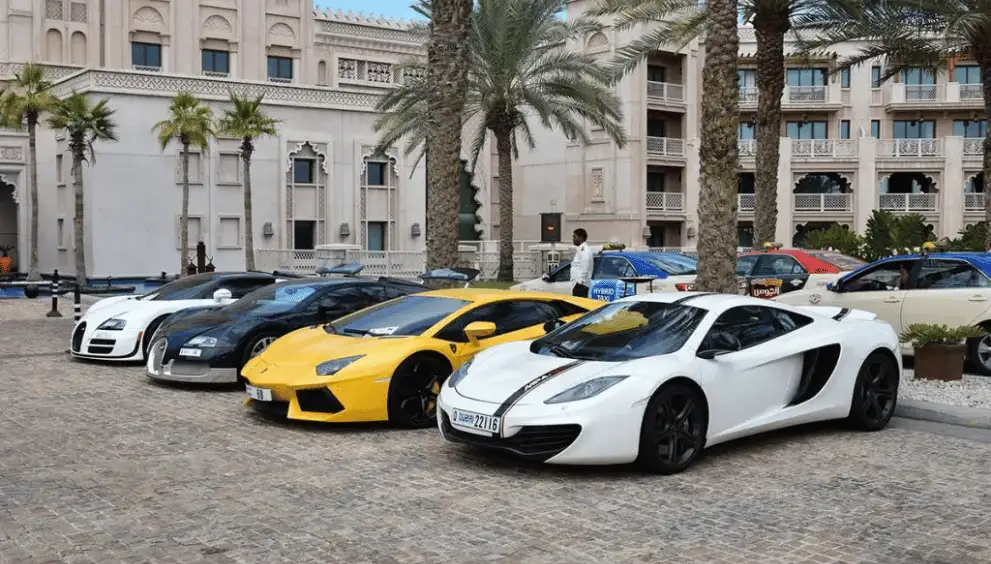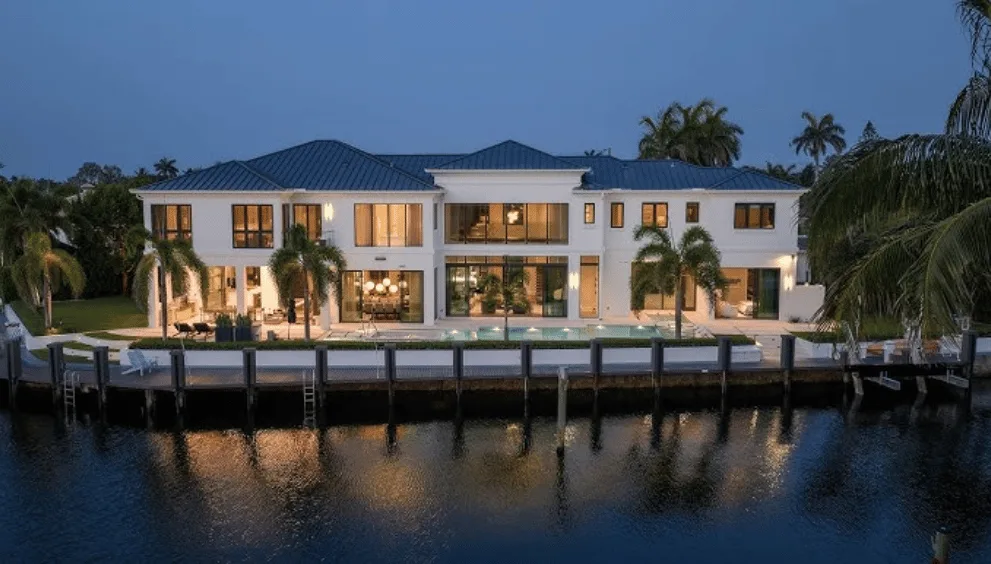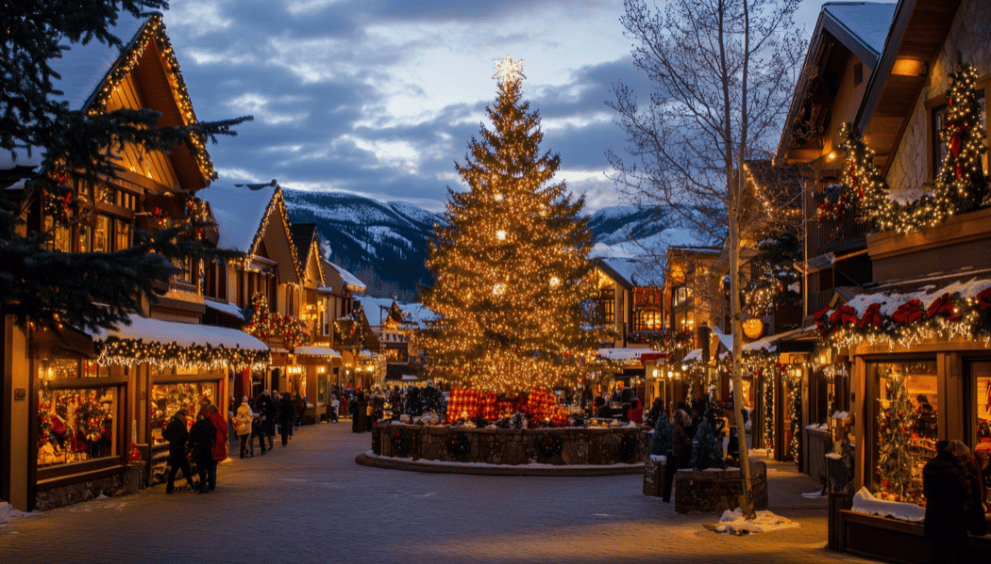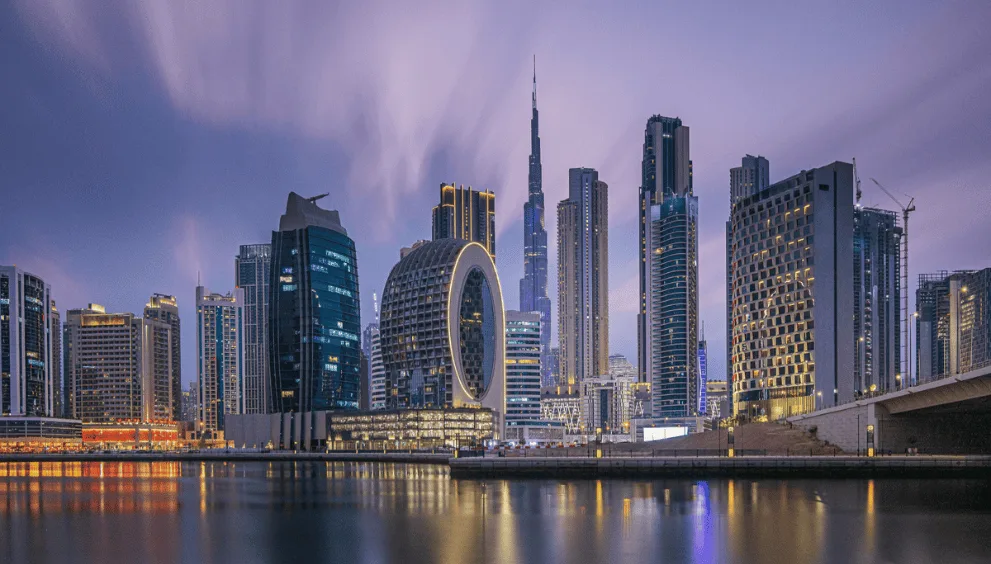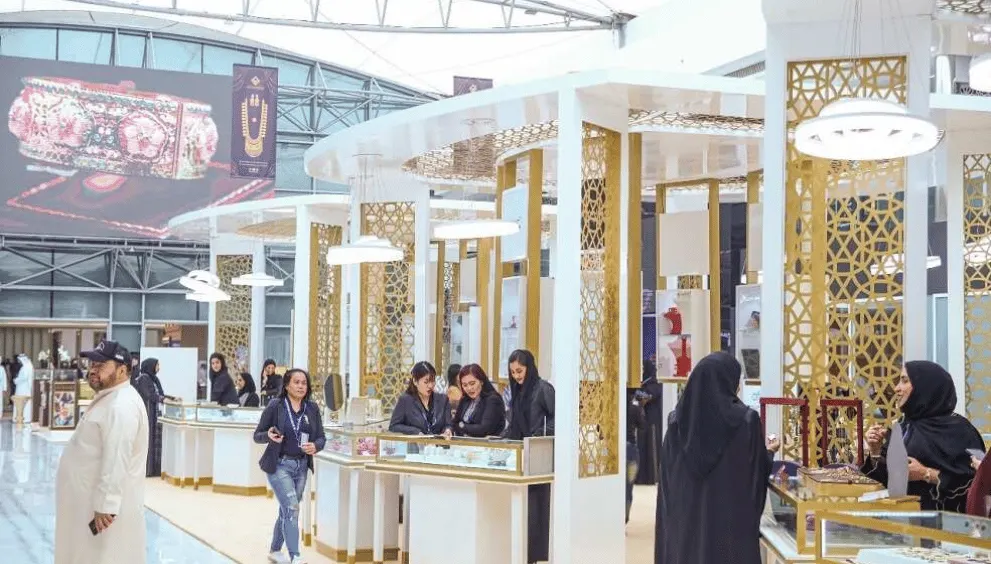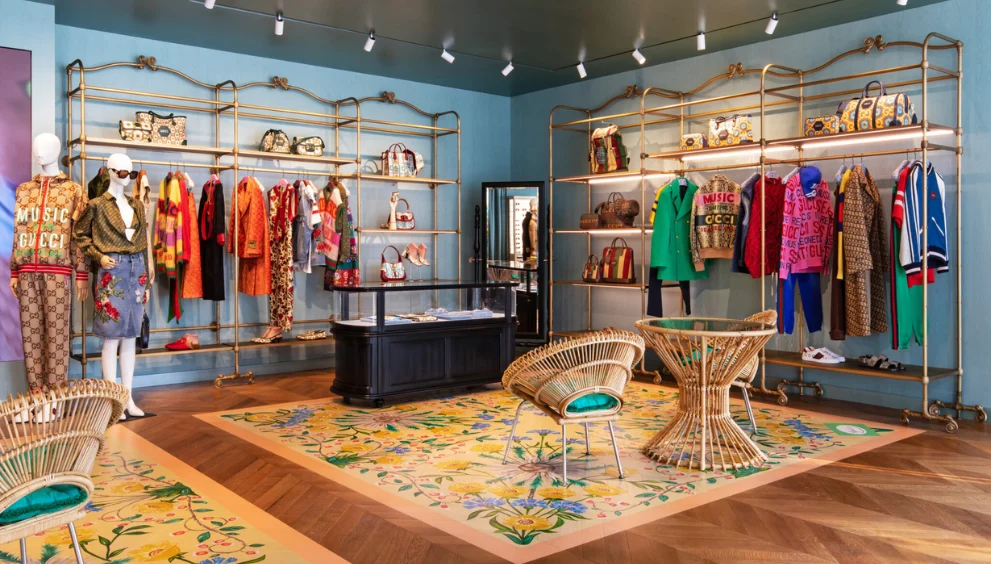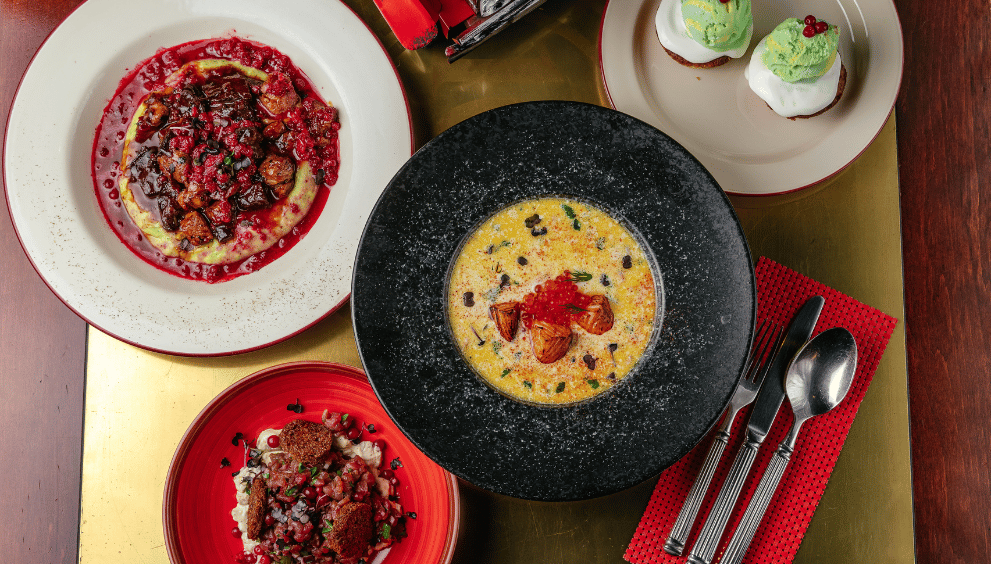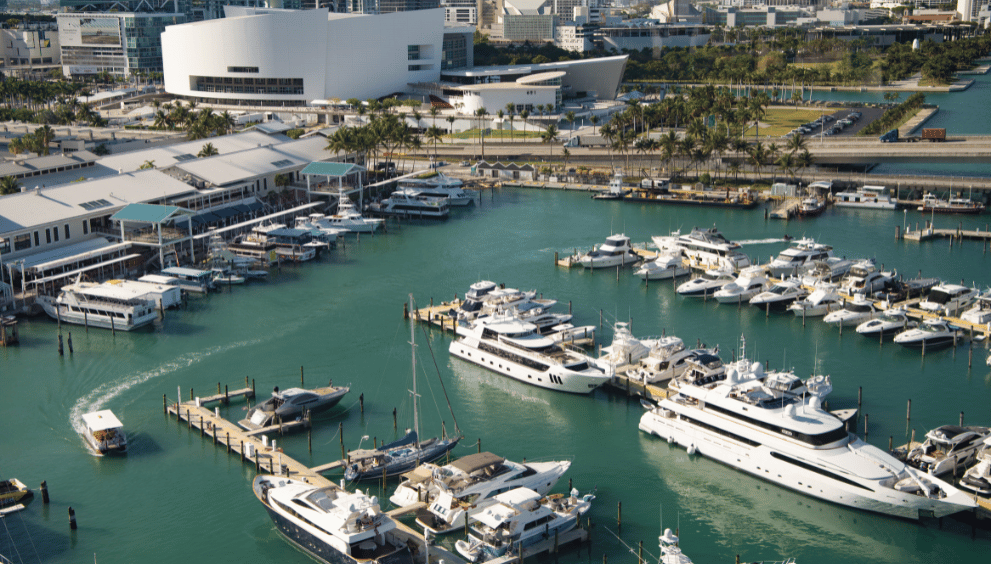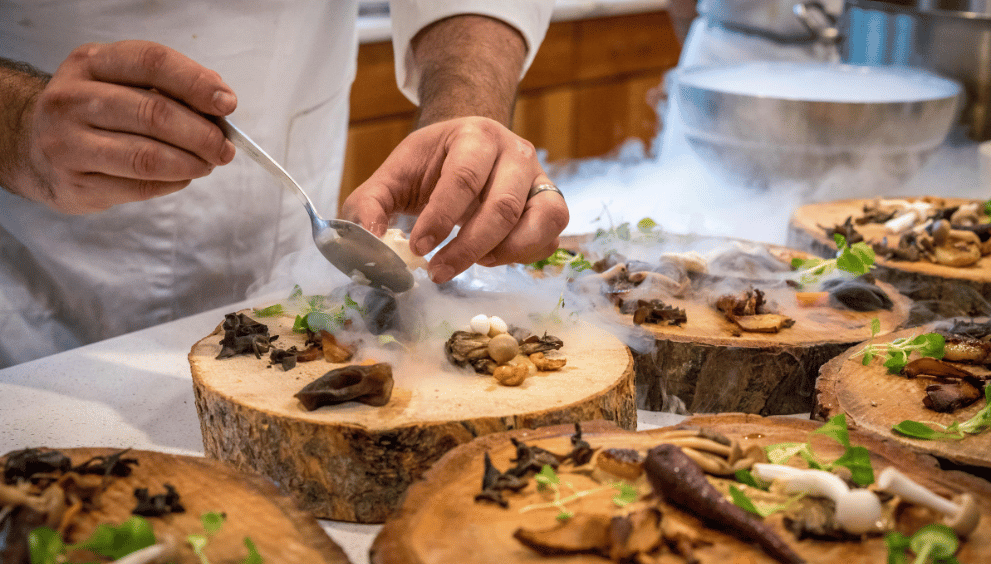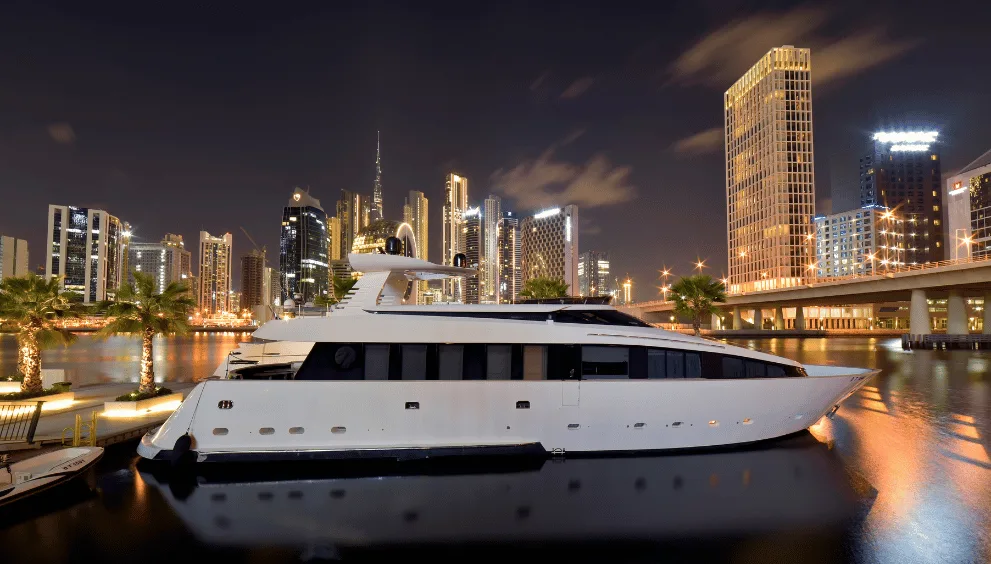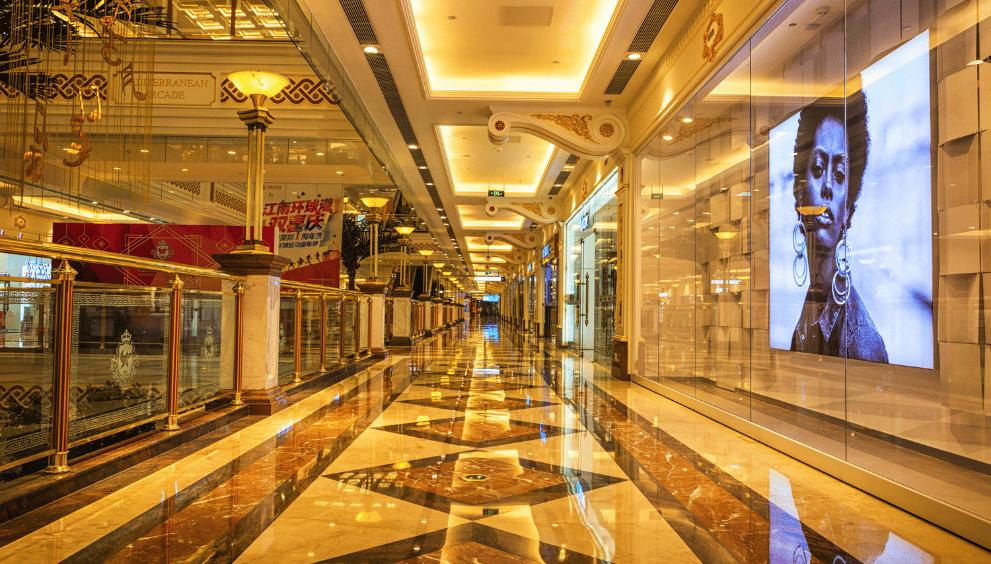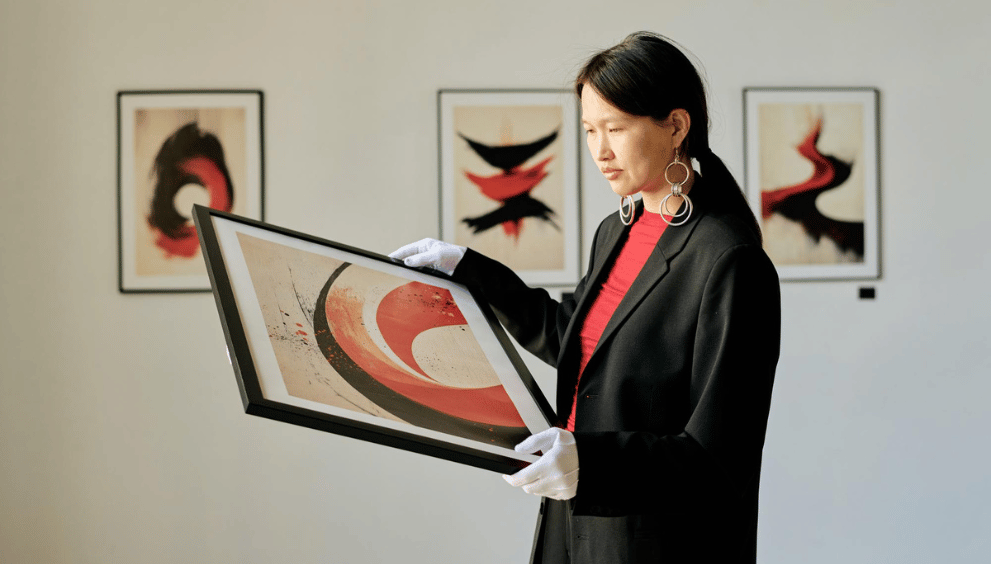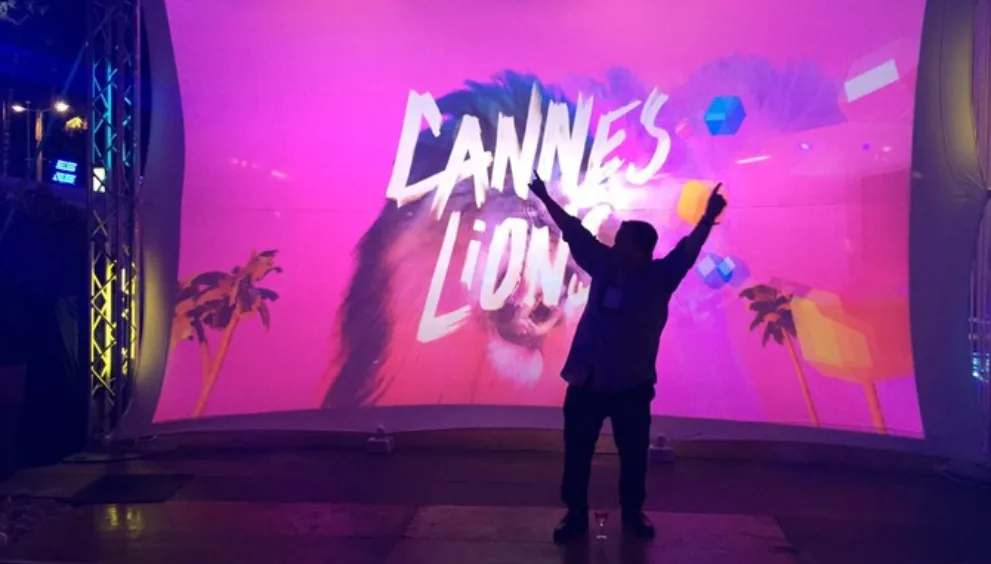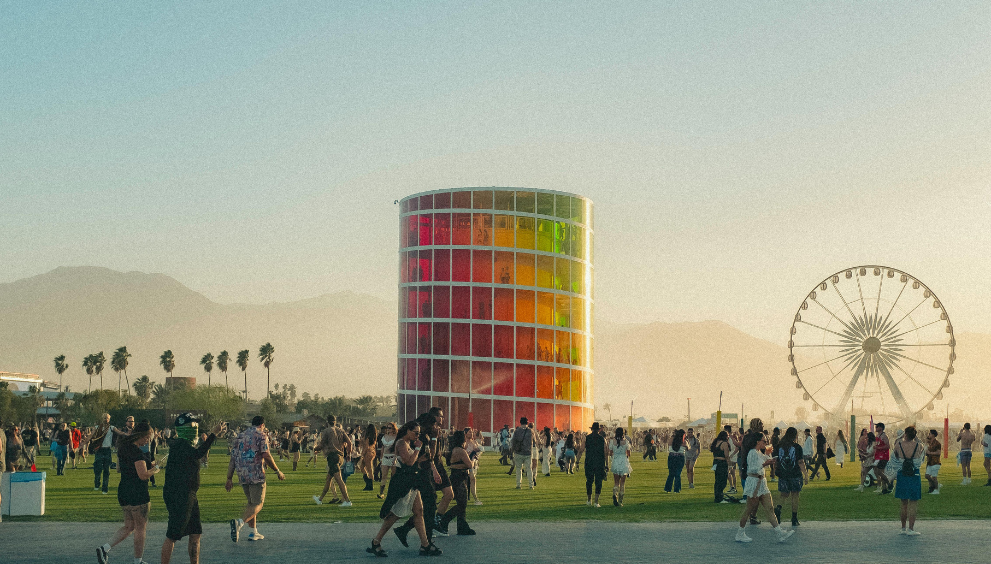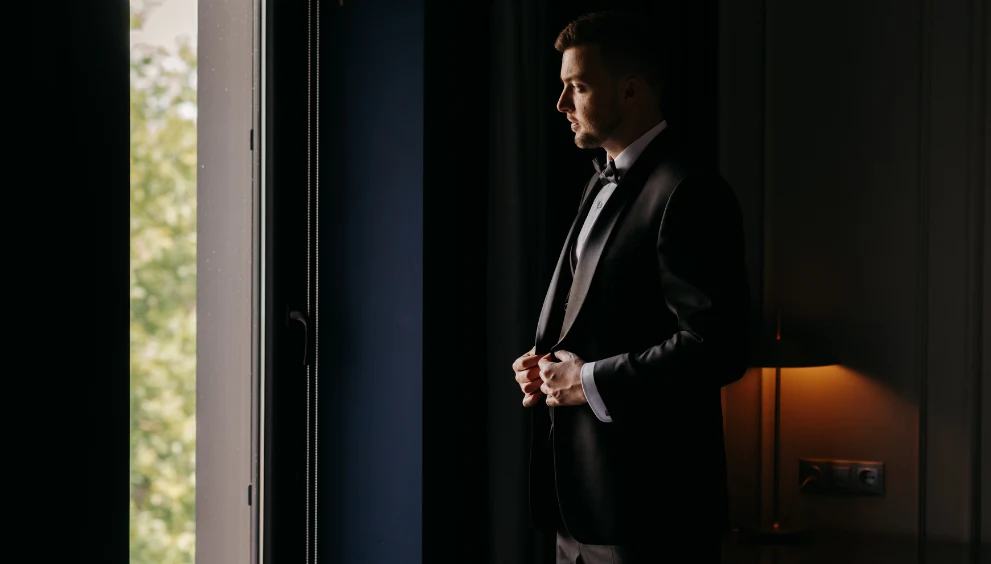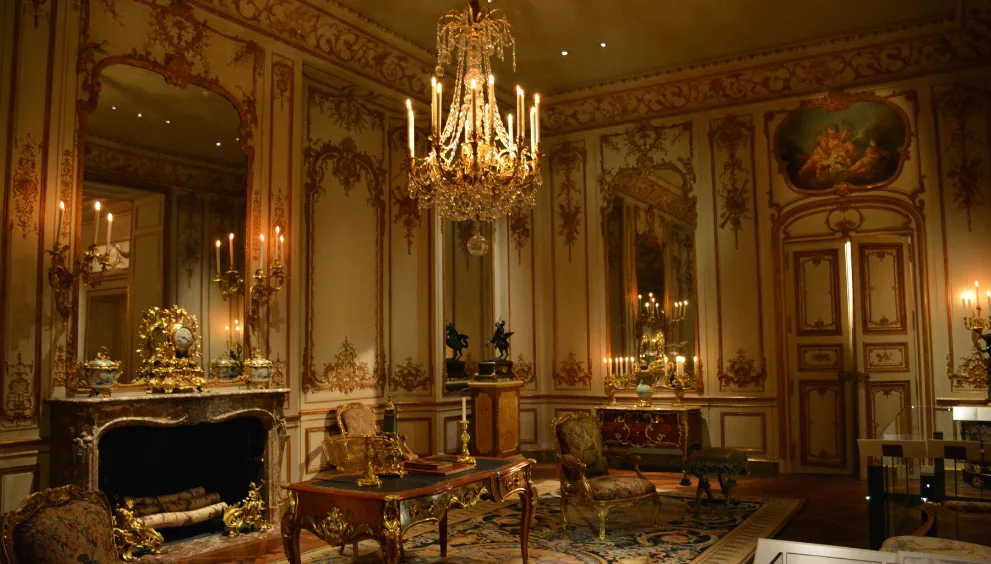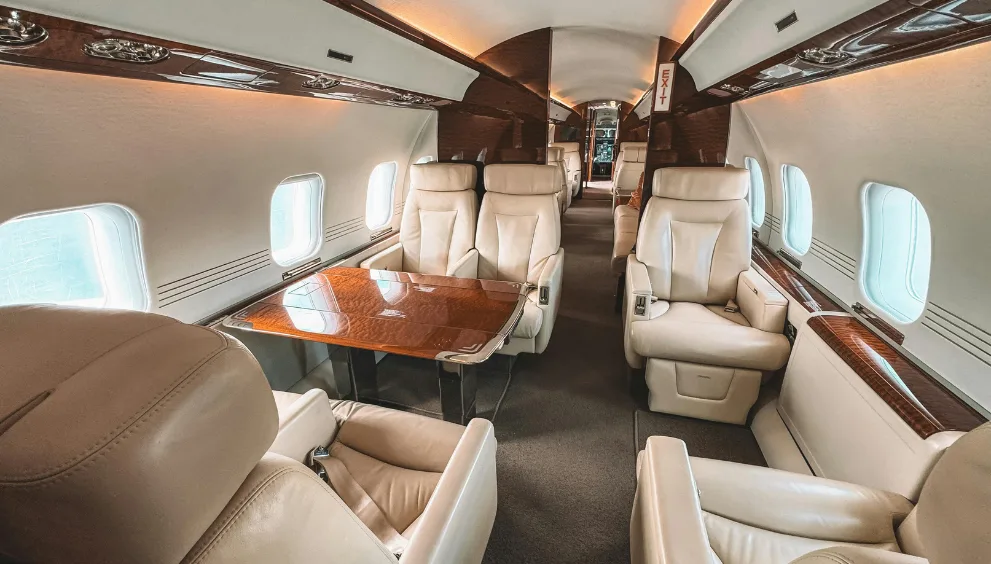Why the Italian Countryside Is the New Cultural Capital of Luxury Travel
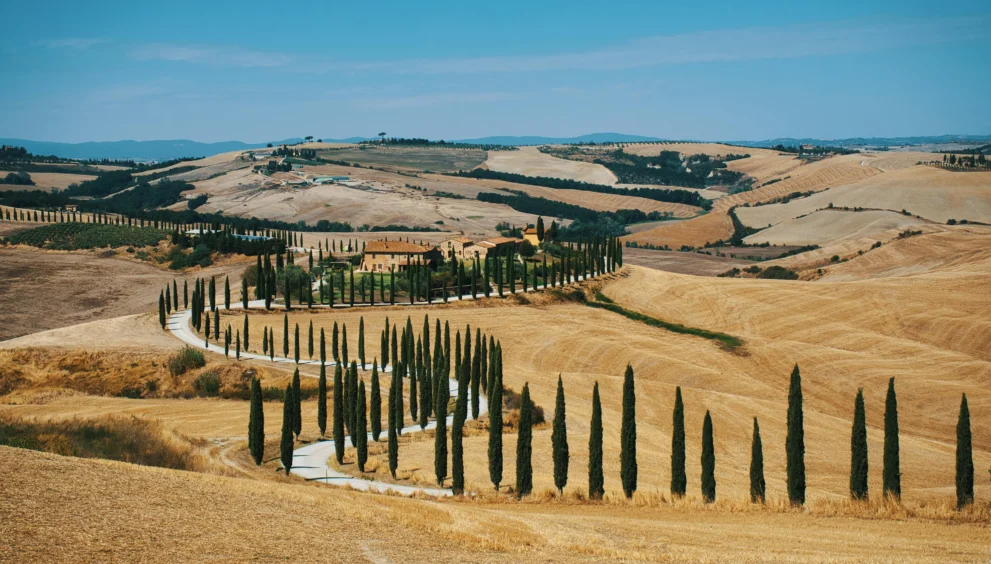
Italy, a world of pristine coast, riches of culture, and beautiful people, is now at the height of its era in luxury travel. The International Luxury Travel Market (ILTM) Latin America show held in São Paulo, Brazil recognized Italy as the number one destination for luxury in 2025. Being a center for fashion, art, and food, it seems only fitting that it has a high position in top luxury tourism, beating high-end contenders like France, Greece, Japan, and Croatia.
Italy has never been one to lay low, it has always stood out like a main character, whatever the case may be. So why is it rising so fast through the ranks? What is the secret? Could it be the luxury boutique hotels in Italy?
Highly poised with a gleam of uniqueness being aloft and a little niche of wanderlust, the glamourous seat of Italy, Rome, is quickly becoming the apex of luxury travel. Being one of the few cities that outrank the very cults of romance in Paris and metropolitan cities like London or Tokyo is the grandeur of palatial estates, rich culture, boutique hotels in Italy, culinary delights, and hip lifestyle; Rome is all set to be one of the hottest places for 2025.
It is also the highest-ranked hotspot for honeymoons, leaving behind major contenders like Bali and the Maldives, known for their lush and romantic atmosphere. Rome has a more historical romantic approach and cultural depth too.
Shopping and Tourism as a fueling powerhouse
An important aspect of Italy is its shopping tourism sector, which has influenced people to visit Italy, as it blends the cultural vibe with the prospect of ‘Made In Italy’ craftsmanship. Having a diverse retail background, Italy boasts over 26 designer outlet villages, upscale department stores, legendary shopping streets, and over 1,300 historic shops spread across ten major cities.
These brands sell more than just high-end products; they offer a prime result of fine Italian craftsmanship.
Italy recorded over two million shopping tourists in 2024, which reflects a 7 percent increase from pre-pandemic levels. Global shopping tourism is expected to surpass $327.8 billion and make a considerable contribution to Italy’s economy.
ENIT, the Italian National Tourism Agency, launched the Shopping Tourism Monitor project which represents a joint effort between three countries. The shopping sector contributes €2.5 billion a year to Italy’s GDP clearly demonstrating its strategic economic significance.
Exclusive boutique locations
Italy is home to some of the most luxurious hotels in the world. It caters to every need, from historic palaces to modern retreats, they have it all. A lot of Boutique hotels in Italy have castles and villas that offer opportunities to connect with Italian culture through the art of relaxation.
Imagine staying in an exquisitely restored palazzo in Venice with intricate interiors or lying in a hammock in a secluded villa, where you can do nothing in peace, or as the Italians say art of ‘dolce far niente.’
Boutique hotels in Italy are definitely on the next level. It is not the heritage but the way they have woven heritage into modernity whilst maintaining a wonderful sense of luxury, bespoke comfort, and enjoyment. A great example is a boutique hotel in Italy, called Portrait Roma, which evokes feelings of intimacy and service.
As a part of Ferragamo’s Lungarno Collection, a bridge brand, Portrait Roma’s rooms reflect the luxurious pedigree of the hotel, as the interior is enhanced by artworks and sketches by Ferragamo.
If one is looking for an experience for vacation from their day-to-day life, and gain an understanding of the cultural context in Italy, there are historic villas, – Villa Spalletti Trivelli is an example – where all three floors are decadent of an aristocracy, where the rooms are extravagant, exhibiting classical elegance with a modicum of luxury and comfort.
Boutique hotels in Italy like this will often provide their guests with private tours of monuments, or less-known historical sites run by the hotel.
Regardless if you want to provide a luxurious boutique accommodation combined with the satisfaction of your historic experience crystallized in some gastronomic experience, Italy has a unique experience for everyone from opulent tastes to those that are neophytes, who are just beginning to enjoy the idea of luxury.
Iconic Italian Cuisine
Every region in Italy has its own unique iconic famous dish and delicious Italian specialties. Ken boasts Enoteca Pinchiorri in Florence, which highlights the best local products from the surrounding area to showcase a taste of the highest quality of Tuscany. Tiramisu in Venice was a splendid light coffee-flavored dessert and of course – don’t forget the wine.
Emilia-Romagna is heaven for food lovers who can have a fun, opulent food experience, tasting artisanal cheese producers and lavish balsamic vinegar producers that are centuries old and a huge part of the region’s proud and long-standing heritage.
Italy is not a stop on your way somewhere; Italy is the destination, the feeling. Italy is a story in and of itself; Italy is about more than the spectacular vistas. Italy also has the finest Italian craftsmanship in regard to fashion, food, luxury, music, and cars.
High-end tourists are looking for more than a viewpoint Pinterest shot; they want an emotional connection, personalized itineraries that enable them to connect back to local culture, personalized itineraries that gather around new arrival destinations consistent with the historical version, and all the beauty of the landscapes.







